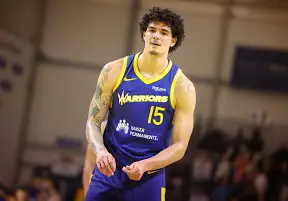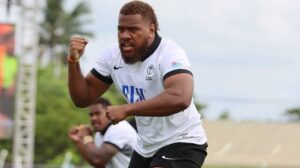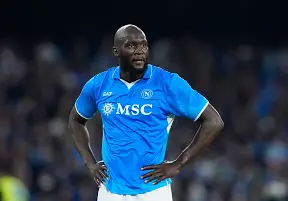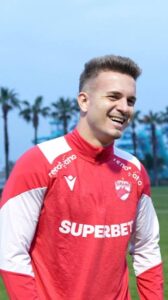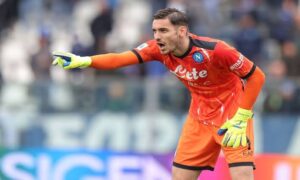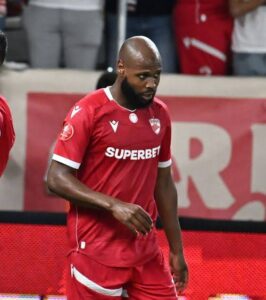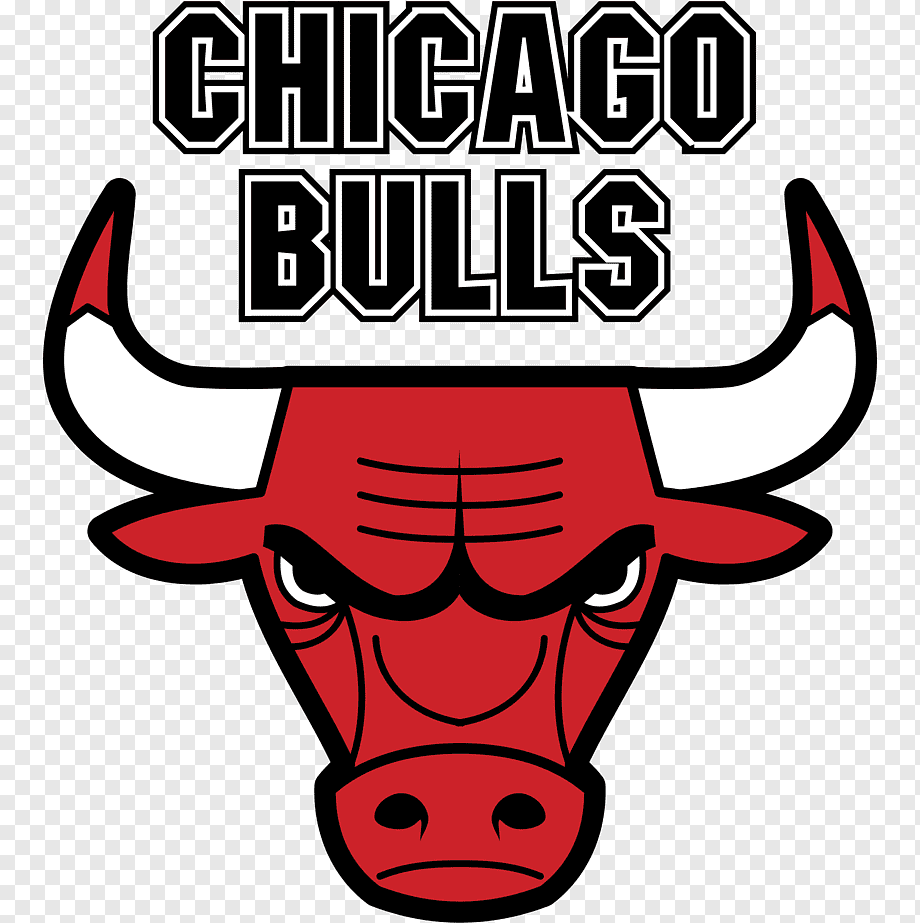
The Chicago Bulls’ 113-104 loss to the Philadelphia 76ers yesterday has cast a long shadow over star guard Zach LaVine, as mounting criticism and intense pressure follow the performance. Despite putting up a team-high 28 points, LaVine’s display has prompted questions about whether he’s truly living up to the expectations of a player who is supposed to lead the Bulls into the postseason.
LaVine’s offensive performance was undeniably impressive—his scoring run included several electrifying dunks and clutch three-pointers that temporarily gave the Bulls hope. However, while his offensive highlights have been the focus, his defensive lapses and inability to step up in critical moments have turned the tide of the game in Philadelphia’s favor.
Defensively, LaVine failed to match the intensity of the 76ers’ attack, particularly in containing Joel Embiid. The reigning MVP candidate dominated the paint, scoring 32 points and grabbing 12 rebounds, often finding himself with open lanes to the basket. The 76ers’ ball movement was fluid, and LaVine, alongside his teammates, was caught flat-footed too many times. As a shooting guard, LaVine’s job isn’t just to score; he must be an active part of the defense. Yet, throughout the game, he was unable to slow down Embiid’s offensive output or provide the necessary support in key defensive possessions. His defensive lapses weren’t isolated incidents—throughout the season, LaVine has been criticized for not consistently contributing on that end of the floor.
With the Bulls trailing by just a few points in the final minutes, the game was still within reach, and LaVine had a chance to solidify his status as the team’s leader. But, as the clock wound down, he missed a critical three-pointer with under a minute remaining, and his hesitation on the offensive end left the Bulls scrambling for answers. His inability to create a play or find an open teammate to get a high-quality shot led to another failed attempt to close out the game. For a player like LaVine, who is expected to be the go-to scorer in clutch moments, these missed opportunities leave an air of frustration among fans and teammates alike. The decision-making in those final moments, coupled with his missed shot, has intensified the debate surrounding his leadership and impact during crunch time.
In his post-game interview, LaVine took responsibility, but it’s clear that the pressure is mounting. “I know I’ve got to be better,” LaVine said, his frustration evident. “We’re all frustrated with the way this season is going. It’s on me to make sure I’m contributing more than just scoring. I need to be a leader out there and help us execute in those big moments. I’ve got to do a better job on both sides of the ball.”
However, LaVine’s admission, while commendable, doesn’t erase the underlying issue: Can he elevate this team to the next level? Despite his exceptional scoring ability, the Bulls have yet to see the leadership they need from LaVine when games are on the line. His defense, which has been an ongoing concern, has proven to be a weak point, and his lack of consistent effort in key moments on both ends of the floor is something the team can no longer afford.
The mounting pressure on LaVine isn’t just a result of this loss—it’s part of a larger pattern. The Bulls, once a promising team with aspirations of playoff success, are now struggling to find any consistency. While LaVine’s individual numbers often stand out, his inability to carry the team through adversity has become a glaring problem. This loss only adds to the growing feeling that the Bulls may need more than just LaVine’s offensive brilliance to compete at a high level. They need him to take charge, not just as a scorer but as a two-way player capable of leading his team through adversity.
LaVine’s ability to create for others has also been questioned. In moments when the game could have been turned around, LaVine failed to consistently create opportunities for his teammates. Whether it was his decision-making or lack of vision in critical possessions, his offensive leadership was called into question. If LaVine wants to become the type of player who can be the face of a championship contender, he will need to refine these aspects of his game.
The 76ers loss has also ignited deeper discussions about LaVine’s long-term future with the Bulls. The front office, the coaching staff, and even fans are beginning to ask whether LaVine is the player who can bring the Bulls back to prominence or if the team needs a new direction. With Chicago’s playoff hopes hanging by a thread, and LaVine’s contract making him one of the highest-paid players on the team, the spotlight is shining brighter than ever on the star guard.
At 28 years old, LaVine is entering the prime of his career, but if the Bulls are going to succeed, it will depend on his growth as a leader. He must elevate his game on both ends of the floor—become the two-way star he is capable of being, and lead his team through difficult moments. For a team like the Bulls, whose aspirations have included making a deep playoff run, they need LaVine to be more than just a scorer—they need him to become a playmaker, a defender, and ultimately, a leader who can command respect in the locker room and on the floor.
With the Bulls facing an uphill battle for the remainder of the season, the question remains: Can Zach LaVine respond to the pressure and prove that he is the player who can lead Chicago back to prominence, or will the weight of expectations be too much for him to handle? The next few weeks will be crucial as LaVine looks to shake off the criticism and deliver on his potential, both for himself and for his team.
